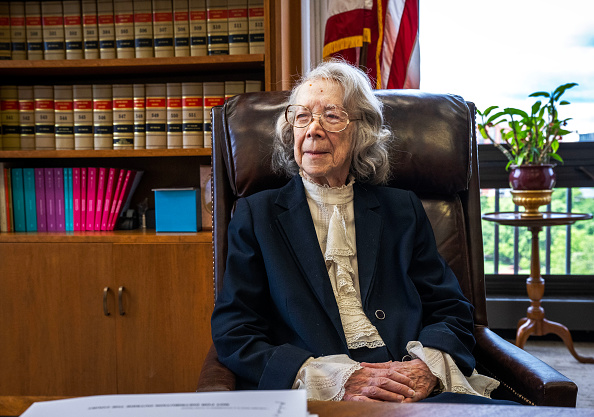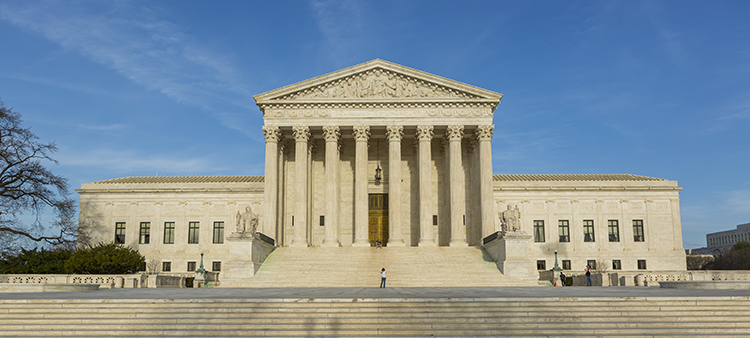A Tough Road Ahead for Prosecutors Appointed to Probe Classified Leaks
Two U.S. attorneys appointed on Friday to probe leaks of intelligence information face several obstacles under the 1917 espionage law used in such cases.
Leak prosecutions typically rely on a law that bars disclosure of national defense information to unauthorized persons, the New York Times reports. For a criminal conviction, prosecutors must show the defendant had knowledge that the leaked information could harm the United States or help a foreign power.
Though some defendants accused under the law have pleaded guilty, prosecutors have won only one conviction at trial, the story says. It involved an intelligence analyst who gave satellite photos of a Soviet ship facility to Jane’s Defense Weekly in 1984.
The Times identifies other problems: It can be difficult to identify a leaker, especially for information in heavily reported stories with “diffuse sourcing.” And prosecuting a leaker can result in disclosure of even more government secrets.
The leak probe will be led by U.S. Attorneys Richard Machen Jr. of the District of Columbia and Rod Rosenstein of Maryland, report Bloomberg News and the Associated Press. Critics have claimed the leaks are part of a White House effort to bolster President Obama’s campaign, a charge denied by the president.
Apparently leaked information led to stories on U.S. drone strikes, a U.S. effort to damage Iran’s nuclear program with a computer virus, and a double agent who helped avert a terrorist plot.



